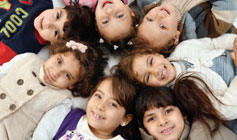
Child health
Child health and development is an important aspect of public health in the Eastern Mediterranean Region.
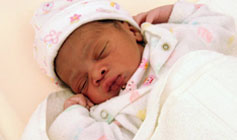
Newborn health
A newborn infant, or neonate, is a child under 28 days of life, the child is at highest risk of dying.
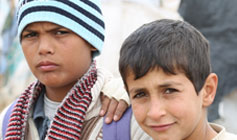
Adolescent health
Adolescents – young people between the ages of 10 and 19 years – are often thought of as a healthy group.
Highlights
Success in adapting WHO/UNICEF guidelines on integrated management of neonatal and childhood illness in Libya
5 April 2022
Caring for the newborn at home initiative in Syria
5 April 2022
The implementation of early essential newborn care in the Gaza Strip to decrease neonatal mortality rates
5 April 2022
Tools and resources
Maternal and child health initiatives
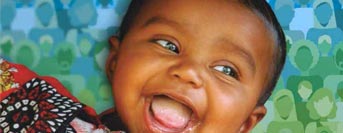
Global strategy for women's, children's and adolescent health 2016–2030

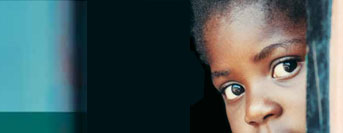
Monitoring visualization tool for the Global action plan for pneumonia and diarrhoea








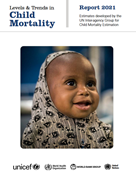 Levels and trends in child mortality IGME 2021
Levels and trends in child mortality IGME 2021
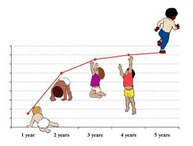 Child health indicators
Child health indicators
 Hospital care for children mobile application
Hospital care for children mobile application
